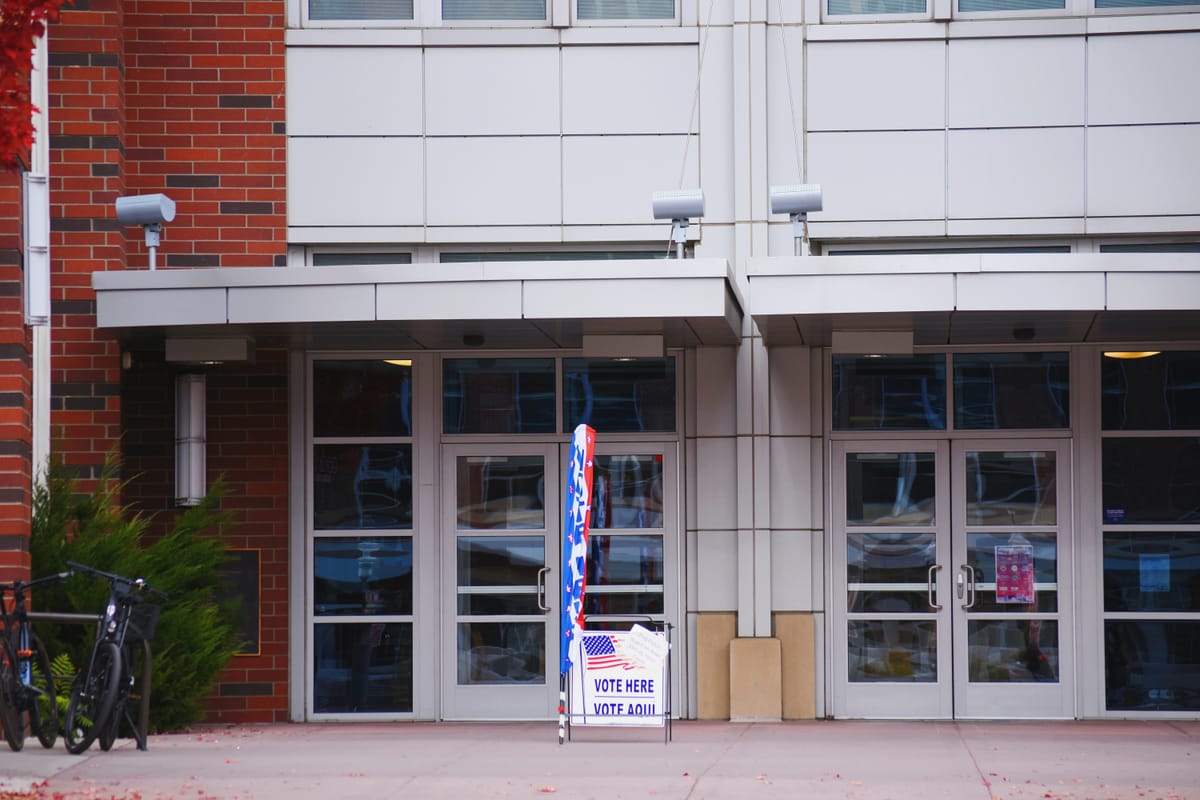Lawsuit Over Ballot Selfies in North Carolina Moves Toward Possible Ruling

Voter Sues Over Ballot Photo Ban
RALEIGH, N.C. — A federal judge may soon decide the fate of North Carolina’s ban on ballot selfies without holding a trial. The case stems from a lawsuit filed by Susan Hogarth, a Libertarian voter, who was warned by state officials to remove a photo she posted online showing her completed ballot from the March 2024 primary.
Hogarth argues that the state’s restrictions violate the First Amendment by criminalizing a form of political expression. She is asking the court to strike down five state laws, which she says target voters who want to publicly show support for their choices at the ballot box.
Judge Previously Rejected Dismissal
In March, U.S. District Judge Louise Wood Flanagan rejected efforts by the State Board of Elections and Wake County District Attorney Lorrin Freeman to dismiss the case. However, she agreed to remove Attorney General Jeff Jackson, ruling that he does not have the authority to prosecute under the challenged statutes.
The latest filings from both Hogarth and the remaining defendants ask the judge to issue a decision based on the existing court record — a move that would avoid the need for a trial.
Plaintiff Claims Free Speech Violation
Hogarth’s legal team argues that North Carolina’s laws impose an unconstitutional restriction on political speech. The statutes in question prohibit photographing a completed ballot and give election officials wide discretion to stop photography inside polling places.
“Ballot selfies help voters uniquely show support for political parties, candidates, and the act of voting by depicting for whom they actually voted,” Hogarth’s lawyers wrote. “Ballot selfies are accordingly core political speech to which the First Amendment ‘has its fullest and most urgent application.’”
The complaint describes the state’s justification for the laws — including concerns about vote buying, coercion, delays, and voter intimidation — as “merely conjectural.”
State Defends Existing Rules
Lawyers for the state argue that the laws are longstanding, reasonable, and serve important interests.
“Plaintiff challenges five longstanding, reasonable, viewpoint-neutral laws that are necessary to serve North Carolina’s interests in curtailing vote buying and voter intimidation,” attorneys for the state wrote. They maintain that the speech restrictions are narrow and that the state's interests are “compelling.”
Voter Faced Confrontation Despite Court Order
In October 2024, the judge granted Hogarth temporary legal protection to take ballot selfies during the general election. But when she voted during early voting in Wake County, an election official told her to delete the photos. Hogarth explained that a court had cleared her to take them.
“The public, in-person confrontation by an elections official made Hogarth uncomfortable and anxious,” her attorneys wrote.
Roughly two minutes later, the official returned and told Hogarth she was “good” to proceed. She submitted her ballot without further incident. Her lawyers noted that she did not disrupt voting or interfere with other voters.
Broader Implications Ahead
In a post on social media, Hogarth called the ballot selfie ban “bs,” adding: “Hope this is the last year for the scary signage in the polling station!”
Her attorneys describe ballot selfies as a combination of “two cherished American freedoms — voting and political expression.” They argue that, unless the state can provide concrete evidence of harm, the government cannot ban this kind of speech.
A decision from Judge Flanagan could come without further hearings, potentially shaping how North Carolina enforces election-related speech laws going forward.
